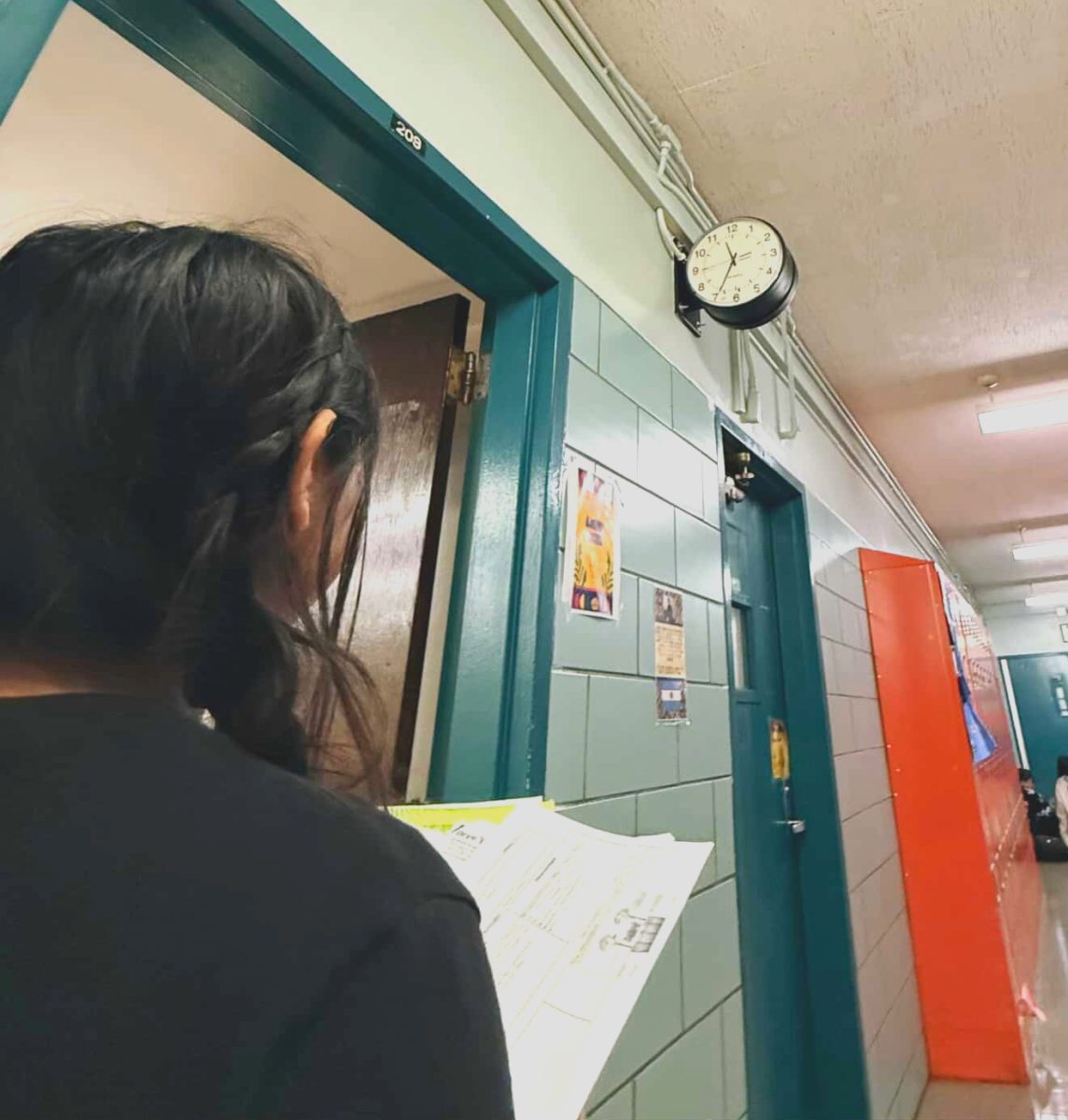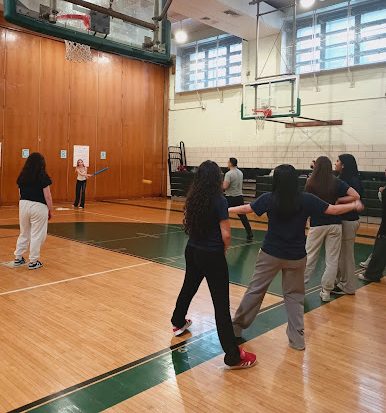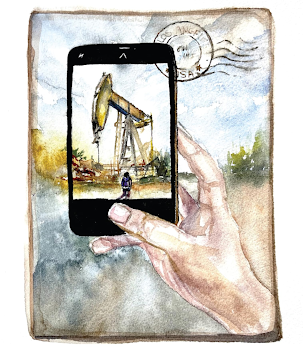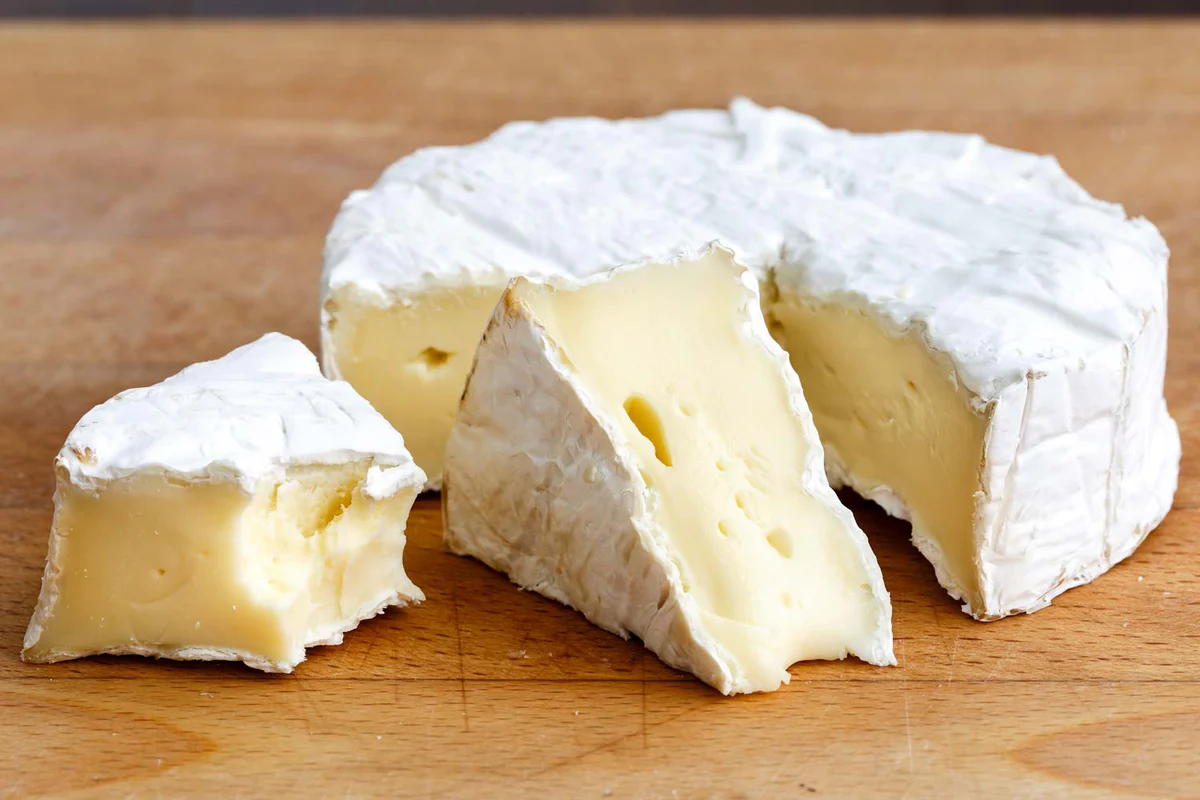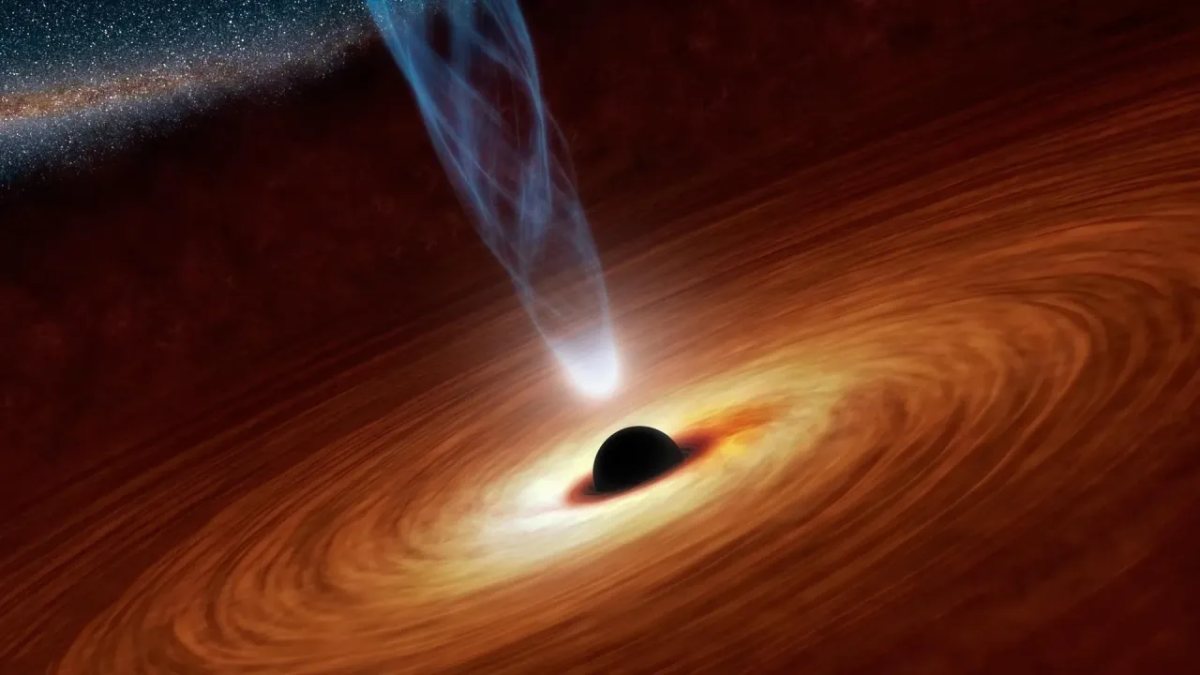With Halloween right behind us, it’s almost guaranteed you’ve either been scared or thought about being scared recently. So many people will go out chasing the thrill that comes with being scared, whether they get it from a horror movie, a book or a haunted house. But why do so many enjoy being terrified? What about that makes humans excited? To non-horror enjoyers, these hobbies might sound like their own personal hell, but the timeless obsession with horror has a scientifically backed explanation.
Before learning why people enjoy getting scared, it’s important to understand what fear is. As we know it now, fear is an evolutionary response to perceived danger. Prehistoric people, when put into a dangerous situation, would need to be able to adapt quickly to avoid coming to harm, so humans developed a chemical process that allows them to do just that. When an early human would expect to get into a fight with a bear, and when people now see a spider, it sets off a hormonal process that has become wired in humans.
Our bodies go into what is called “fight, flight or freeze,” and this is the result of the part of your brain called the amygdala that sends out two hormones, cortisol and adrenaline. If one of those sounds familiar, that’s because it is; adrenaline sends out signals that release dopamine and endorphins.
Dopamine is the hormone that generally makes you feel pleasure; it’s a part of your brain’s reward system. Endorphins allow your body to operate at a higher level than normal, so when humans are in danger, they have been proven to be faster and stronger and not process pain or fatigue the same.
There are a couple of reasons why we like to feel afraid—why there is a whole genre of literature and media devoted to making its consumers scream.
First, your body experiences this surge of energy from adrenaline without actually being in danger—you know you’re perfectly safe, so the reaction is more fun than terrifying. If you’re watching a movie with a killer in a mask or listening to a horror podcast, you can engage in media that you don’t really do much with in real life.
Although it may seem counterintuitive, these mediums relieve stress or get bottled anger out. This emotional relief provides your brain with a sense of accomplishment (braving a “scary” experience) that can help your mental state.
Fear can be a fun thing to engage with, but there’s no shame in knowing where to draw the line and take a step back. People can have a blast going through a haunted house, but for others, being afraid is still a deeply unpleasant experience. If you know your limits, you should be able to have a good time without getting too freaked out!











